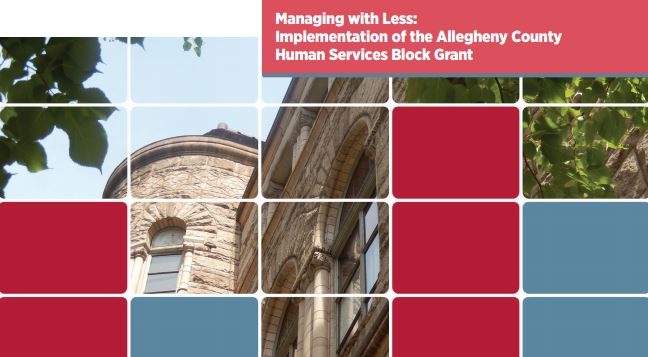Allegheny County, like much of Western Pennsylvania, is in the midst of an opioid overdose epidemic and it is vitally important that County residents have access to the best and most effective treatment to support their recovery from opioid use disorders. Medication-assisted treatment, or MAT, combines medication and counseling/behavioral therapy and, when clinically appropriate, is a standard of care in the treatment of opioid use disorders. Research has proven MAT to be highly effective in improving recovery outcomes and reducing criminal behavior and risk of infectious disease.
The Allegheny County Departments of Health and Human Services, together with Allegheny HealthChoices, Inc. and Community Care Behavioral Health, issued a Joint Position Statement on Medication-Assisted Treatment for Opioid Use Disorders in Allegheny County, describing their expectations for contracted treatment providers and others who encounter or serve individuals with opioid use disorders. It states that every person entering substance use treatment for opioid use is entitled to the opportunity to learn about and consider MAT as a treatment option. It is intended to dispel ambiguity and should be understood as a clear statement in support of an effective treatment continuum that includes MAT.



